Don’t be tempted to buy banks – here are two better options
Bank shares might look cheap right now, but don't be tempted. There are better places to put your money, says Ed Bowsher. Here, he picks two stocks to consider instead.

Get the latest financial news, insights and expert analysis from our award-winning MoneyWeek team, to help you understand what really matters when it comes to your finances.
You are now subscribed
Your newsletter sign-up was successful
Want to add more newsletters?

Twice daily
MoneyWeek
Get the latest financial news, insights and expert analysis from our award-winning MoneyWeek team, to help you understand what really matters when it comes to your finances.

Four times a week
Look After My Bills
Sign up to our free money-saving newsletter, filled with the latest news and expert advice to help you find the best tips and deals for managing your bills. Start saving today!

Yesterday was a rotten day for the banks.Shares in Standard Chartered fell 4% after the Asia-focused bank issued a profit warning.
But the real headline-grabber was Barclays. Shares in the bank fell by 6% after the New York Attorney General, Eric Schneiderman, accused the bank of dodgy dealing in its dark pool' trading facility.
As I don't own any bank shares, I confess I was feeling a little smug last night. And the latest dive doesn't tempt me to buy back in I'm going to continue to steer clear of the sector for a long time to come.
MoneyWeek
Subscribe to MoneyWeek today and get your first six magazine issues absolutely FREE

Sign up to Money Morning
Don't miss the latest investment and personal finances news, market analysis, plus money-saving tips with our free twice-daily newsletter
Don't miss the latest investment and personal finances news, market analysis, plus money-saving tips with our free twice-daily newsletter
I think there are better places to invest your money out there, and I'm going to tell you what they are and while I'm at it, I'll explain what these dark pools' actually are.
What are dark pools' and what has Barclays been getting up to?
They were created because large investors often struggled to invest in a company without moving the share price.
Let's say you're a fund manager who runs a £1bn fund. You're convinced that ABC plc, a £500m company, is one of the biggest bargains on the stock market. So you want to invest a sizeable chunk of cash. That probably means at least 3% of your portfolio, or £30m.
Remember that ABC has a £500m market cap. So if you invest £30m over a short period, you'll inevitably push up the share price. Part of that rise will be due to increased demand, which is fair enough.
But that's only part of the story. The other factor will be an increasing awareness that you're building a stake. When that news leaks out, other investors may follow your lead. And some of those followers will probably invest on a very short-term basis possibly holding for just a matter of minutes.
These short-term investors will hope to buy shares just ahead of some of your purchases, and then sell the shares to you at a higher price shortly afterwards. These short-term purchases may be driven by computer algorithms which can spot increased trade in milliseconds. In fact, these algorithms are so sophisticated that some high frequency traders' may be able to spot what you're doing before you've even executed your first purchase. (See more on high-frequency trading and how it works here.)
So the idea of a dark pool is that it enables large investors to buy and sell shares off exchange' so that other players won't know what's going on. Then the large investor only need reveal what he's done, and at what price, when the whole process is done and dusted.
So what has Barclays been doing? Schneiderman says that Barclays allowed too many different players into its dark pool. As a result, some investors were able to use algorithms on Barclays' dark pool to figure out what was going on, and make money from that knowledge.
In other words, the Barclays dark pool' wasn't doing what it's supposed to do. Rather than enabling large investors to buy shares on the quiet, it was corralling them altogether, making them an even easier target for the high-frequency traders these large players were trying to avoid in the first place.
If Schneiderman's legal action is successful, Barclays could be hit by fines and compensation payouts, so it's not surprising that the share price has fallen. And it's not just the possible financial loss that bothers me.
I'm also concerned that this latest scandal shows that Barclays chief executive, Anthony Jenkins, still hasn't won his internal battle to change the culture at the bank. There are still Barclays staff who are prepared to take silly risks doing things that put the bank's reputation (what's left of it) and finances on the line.
On top of all this, on Monday, the Independent revealed that the banks more generally could be hit by greatly increased compensation claims for the mis-selling of interest rate swaps. The extra claims could be worth as much as £22bn, it said. Worrying stuff.
Here's what to buy instead of banks
You see, banks are always hard to understand, and there's a persistent concern that they will do whatever they can to make their balance sheets look as stable as possible.
The truth is that many banks still haven't finished the process of writing down bad loans that emerged during the financial crisis. Until all these loans are written down, there's always a danger of a big hit to profits when more writedowns finally happen.
If you are subscriber to MoneyWeek and want to find out more about this issue (as well as learning which banks are closest to being out of the woods), read What's wrong with Britain's banksby James Ferguson of the MacroStrategy Partnership. (If you're not already a subscriber, sign up for a free four-week trial to MoneyWeek magazine, you get full access to our web archive where you can read the article.)
So what can you buy instead? I admit that very few shares look cheap right now, but I'd far rather be invested in retail or consumer companies. Valuations are high in many cases here, but at least I can understand these businesses, and the best companies own some strong brands which offer a strong investment moat'. (In other words, it's hard for a rival to come along and launch a successful competitor we've more on this in this week's issue of MoneyWeek too.)
One consumer company I like is Diageo (LSE: DGE). It's got a great portfolio of drink brands, and there's plenty of room for growth in emerging markets. I also like pharmaceutical stocks. Admittedly these aren't always easy to understand, but several look attractive on valuation grounds, especially GlaxoSmithKline (LSE: GSK). I own shares in both of these companies.
Our recommended articles for today
The silver bullet to fix the housing market
What does IPO stand for? It's probably overpriced'
Get the latest financial news, insights and expert analysis from our award-winning MoneyWeek team, to help you understand what really matters when it comes to your finances.
Ed has been a private investor since the mid-90s and has worked as a financial journalist since 2000. He's been employed by several investment websites including Citywire, breakingviews and The Motley Fool, where he was UK editor.
Ed mainly invests in technology shares, pharmaceuticals and smaller companies. He's also a big fan of investment trusts.
Away from work, Ed is a keen theatre goer and loves all things Canadian.
Follow Ed on Twitter
-
 How should a good Catholic invest? Like the Vatican’s new stock index, it seems
How should a good Catholic invest? Like the Vatican’s new stock index, it seemsThe Vatican Bank has launched its first-ever stock index, championing companies that align with “Catholic principles”. But how well would it perform?
-
 The most single-friendly areas to buy a property
The most single-friendly areas to buy a propertyThere can be a single premium when it comes to getting on the property ladder but Zoopla has identified parts of the UK that remain affordable if you aren’t coupled-up
-
 Three UK stocks for long-term growth
Three UK stocks for long-term growthUK Stocks Professional investor Nick Train picks three UK stocks to invest in the British boom.
-
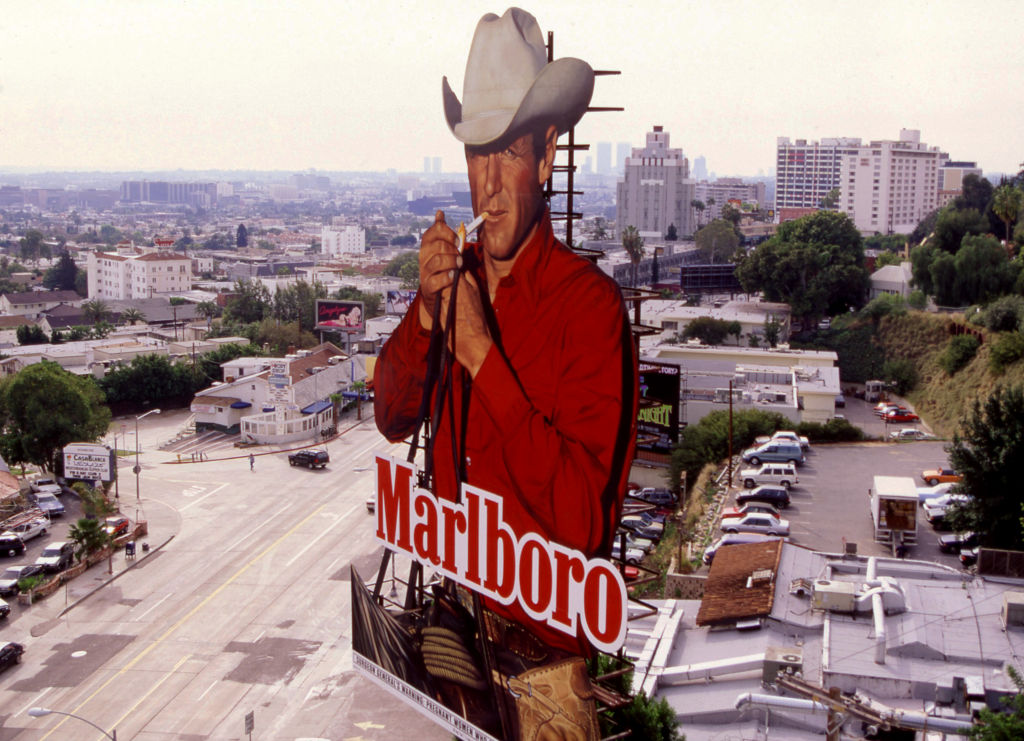 Three iconic brands that lost their shine
Three iconic brands that lost their shineMany famous brands have lasted for decades, but history shows that they can suddenly fade away.
-
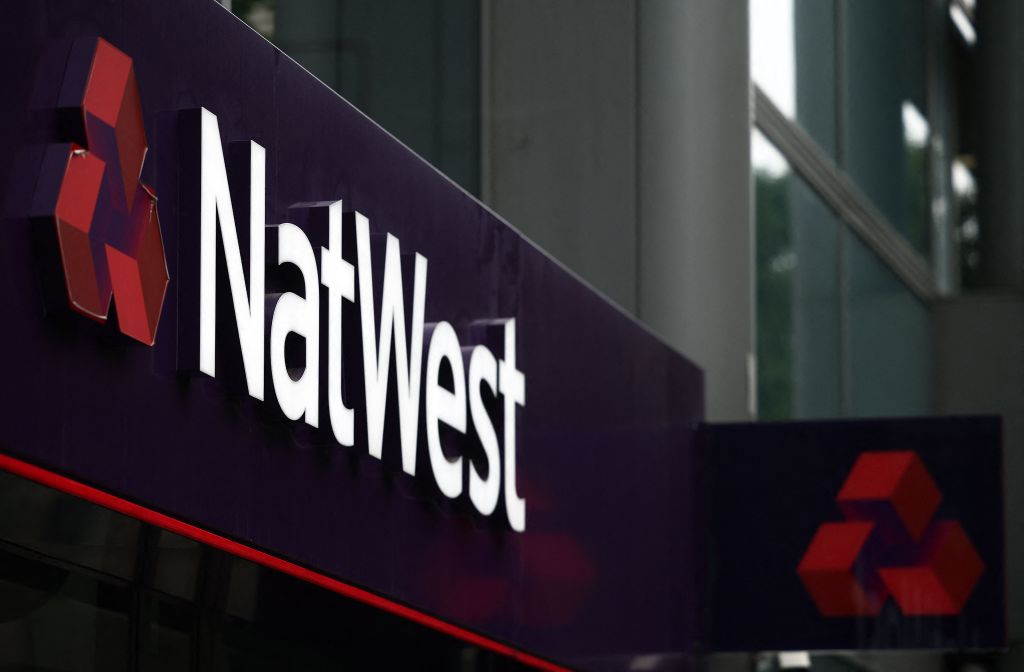 UK banking stocks: what’s the latest this results season, and are they worth a look?
UK banking stocks: what’s the latest this results season, and are they worth a look?All five major UK banks released their annual results in February, reporting profit increases. But the sector has long been unloved by investors. Are UK banking stocks hidden gems, or better avoided?
-
 7 sin stocks to buy yielding up to 8%!
7 sin stocks to buy yielding up to 8%!Stocks and shares Sin stocks don’t have the best reputation, but when it comes to investment returns, they’re certainly worth a closer look.
-
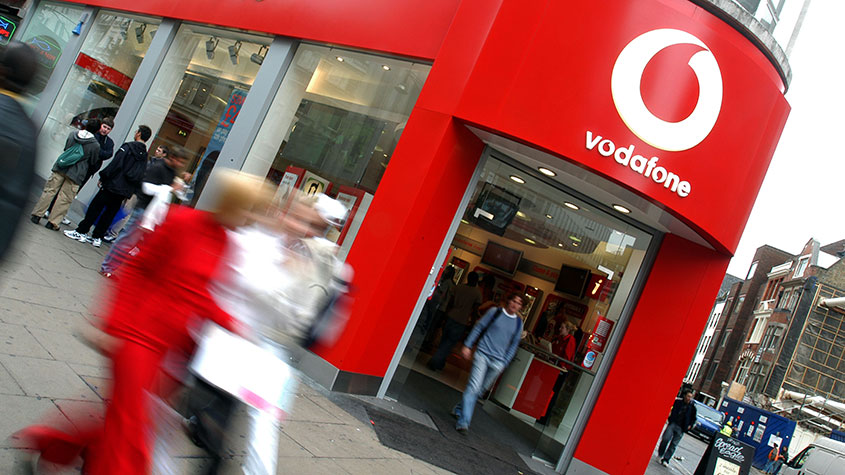 Britain’s most-bought shares w/e 12 August
Britain’s most-bought shares w/e 12 AugustNews A look at Britain’s most-bought shares as of 12 August, providing an insight into how investors are thinking and where opportunities may lie.
-
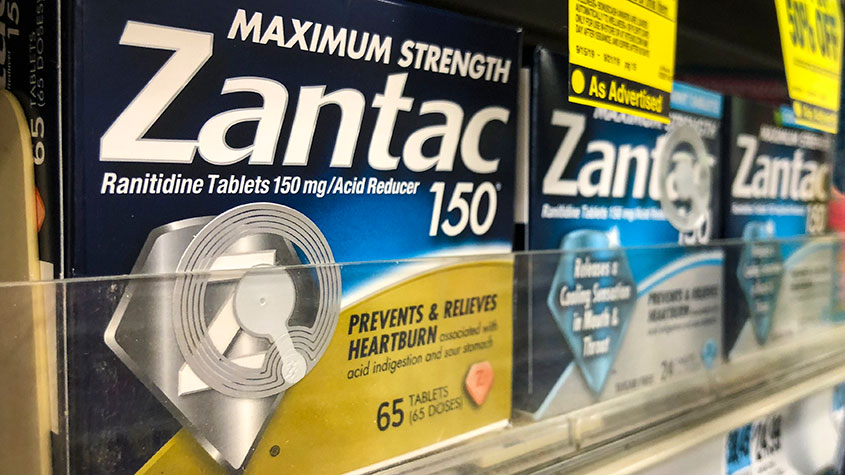 Are GSK’s legal troubles a threat to the firm’s survival?
Are GSK’s legal troubles a threat to the firm’s survival?Analysis Pharmaceutical giant GlaxoSmithKline is facing legal action over heartburn drug Zantac that has seen billions wiped off its market value. Rupert Hargreaves looks at how it might affect the business's prospects.
-
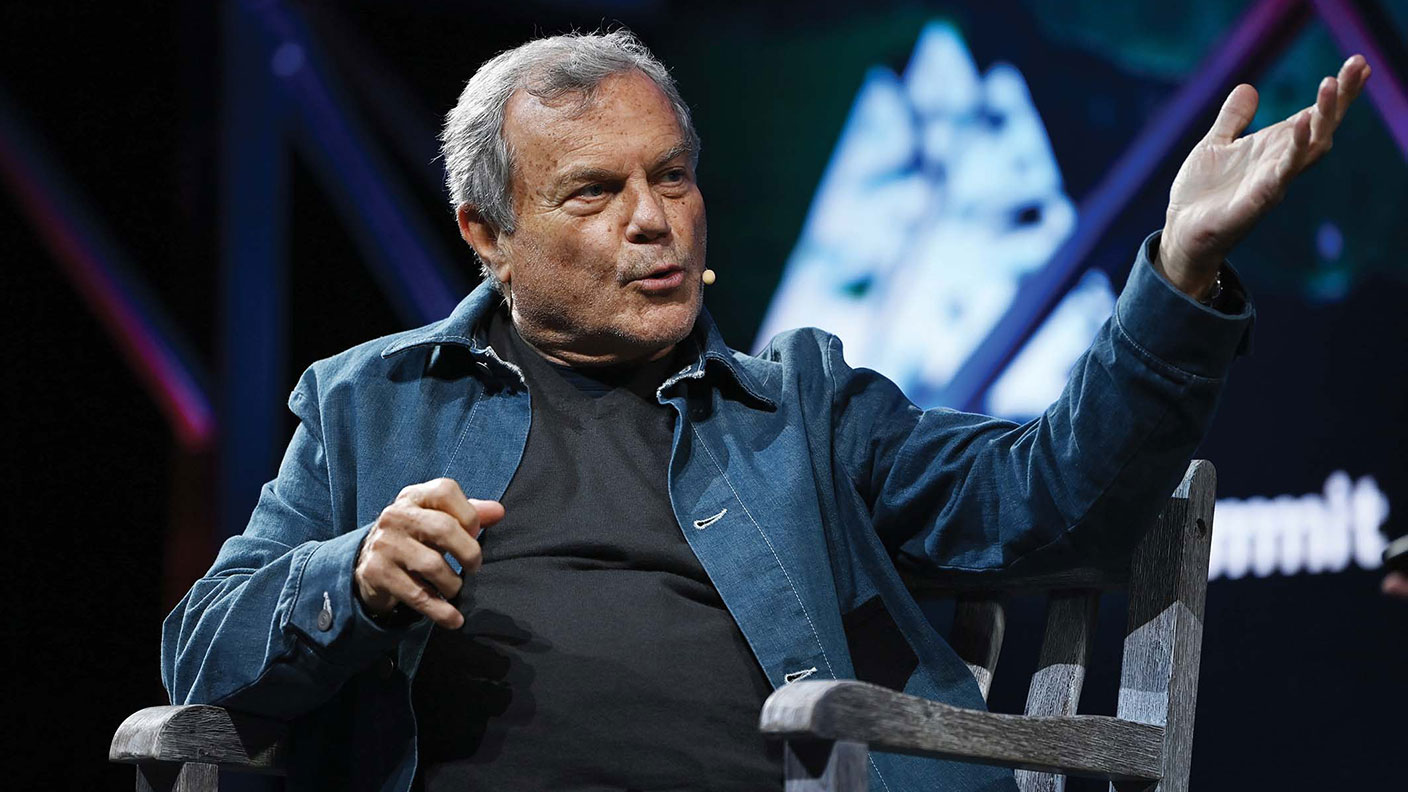 S4 Capital – a company that still has much to prove
S4 Capital – a company that still has much to proveTips Audit delays set shares tumbling at advertising agency S4 Capital. It needs to show it can turn growth into profits, says Bruce Packard.
-
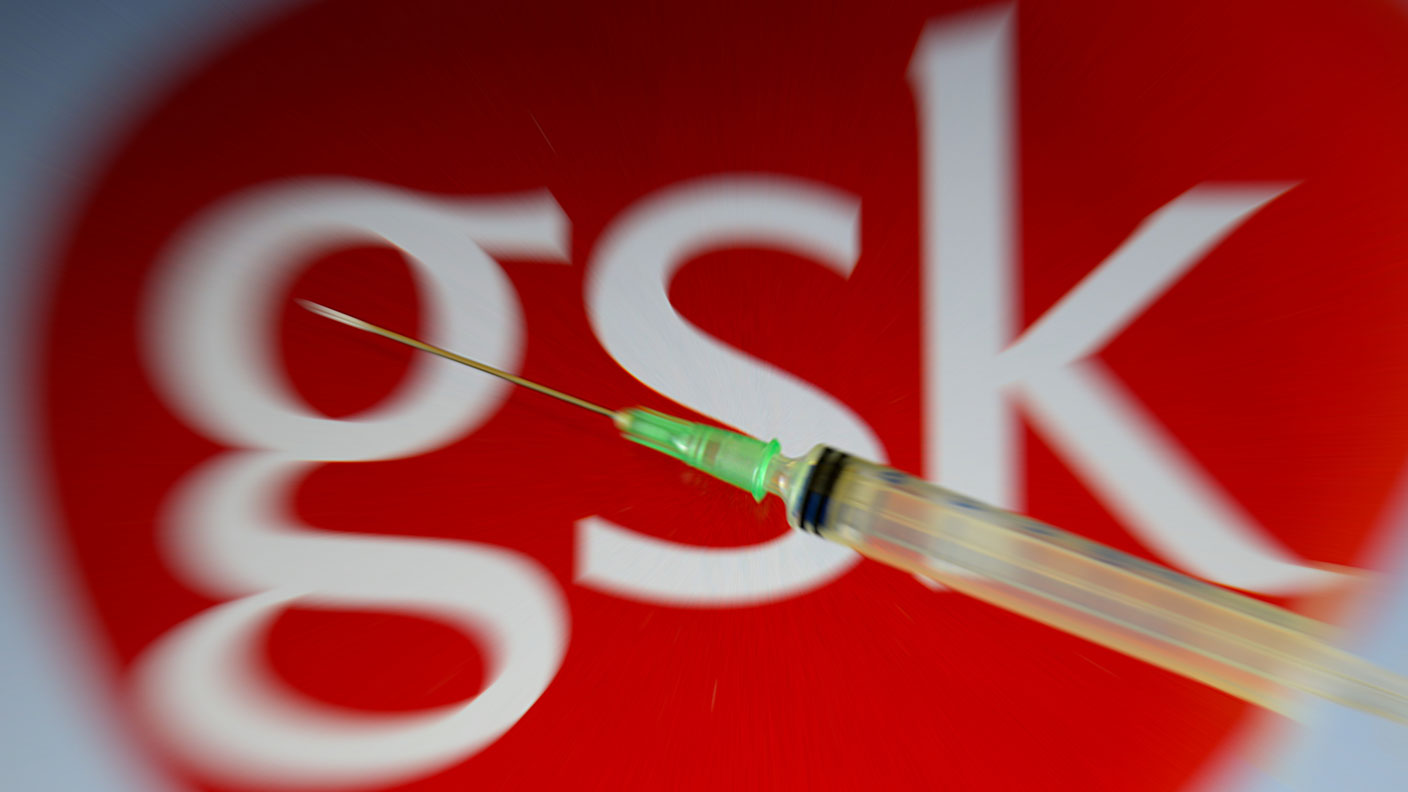 GlaxoSmithKline’s first-quarter figures show the company is on track for the year
GlaxoSmithKline’s first-quarter figures show the company is on track for the yearAnalysis Latest results show that it's business as usual for pharmaceutical giant GlaxoSmithKline. Rupert Hargreaves casts his eyes over the numbers.
